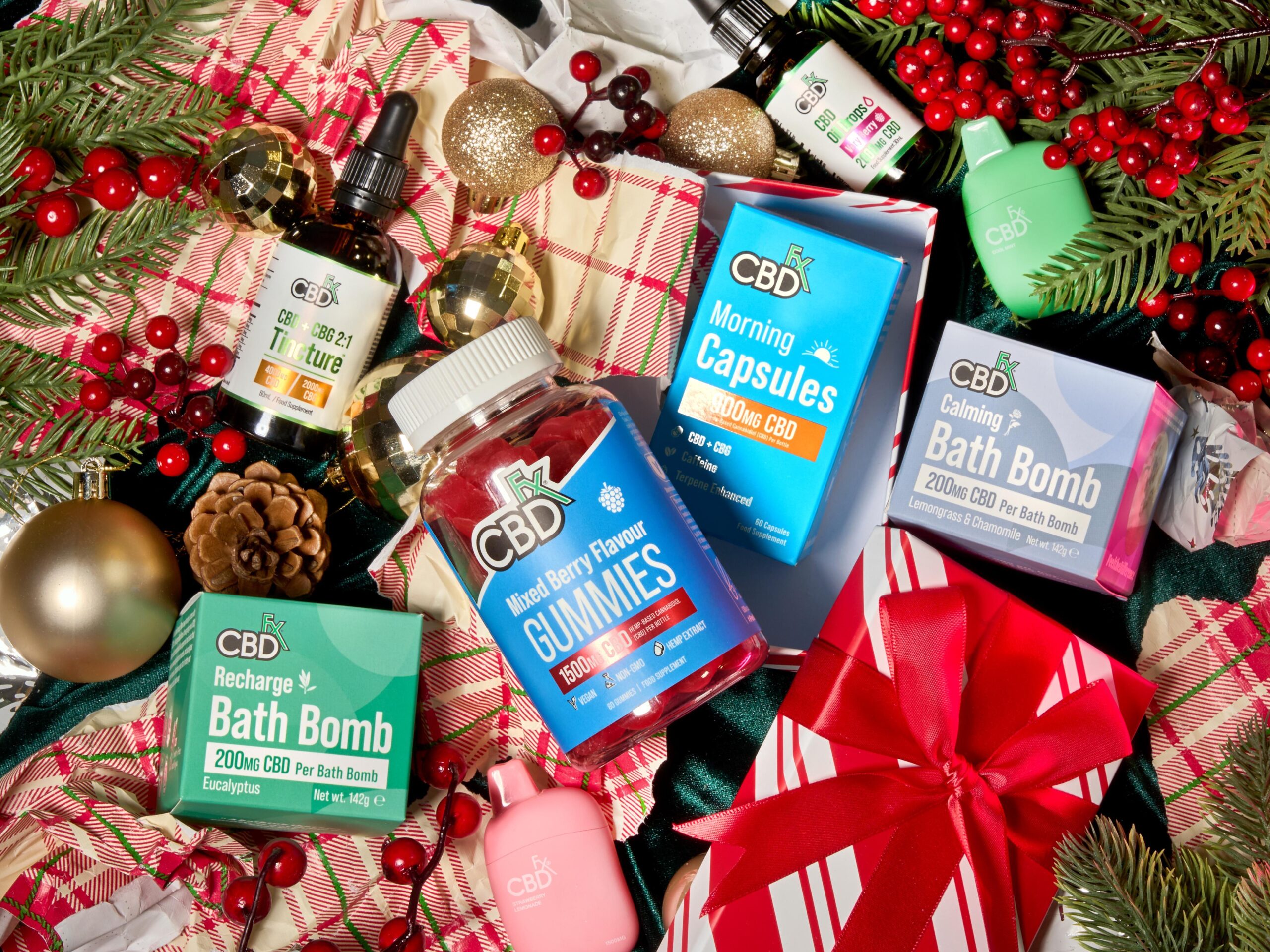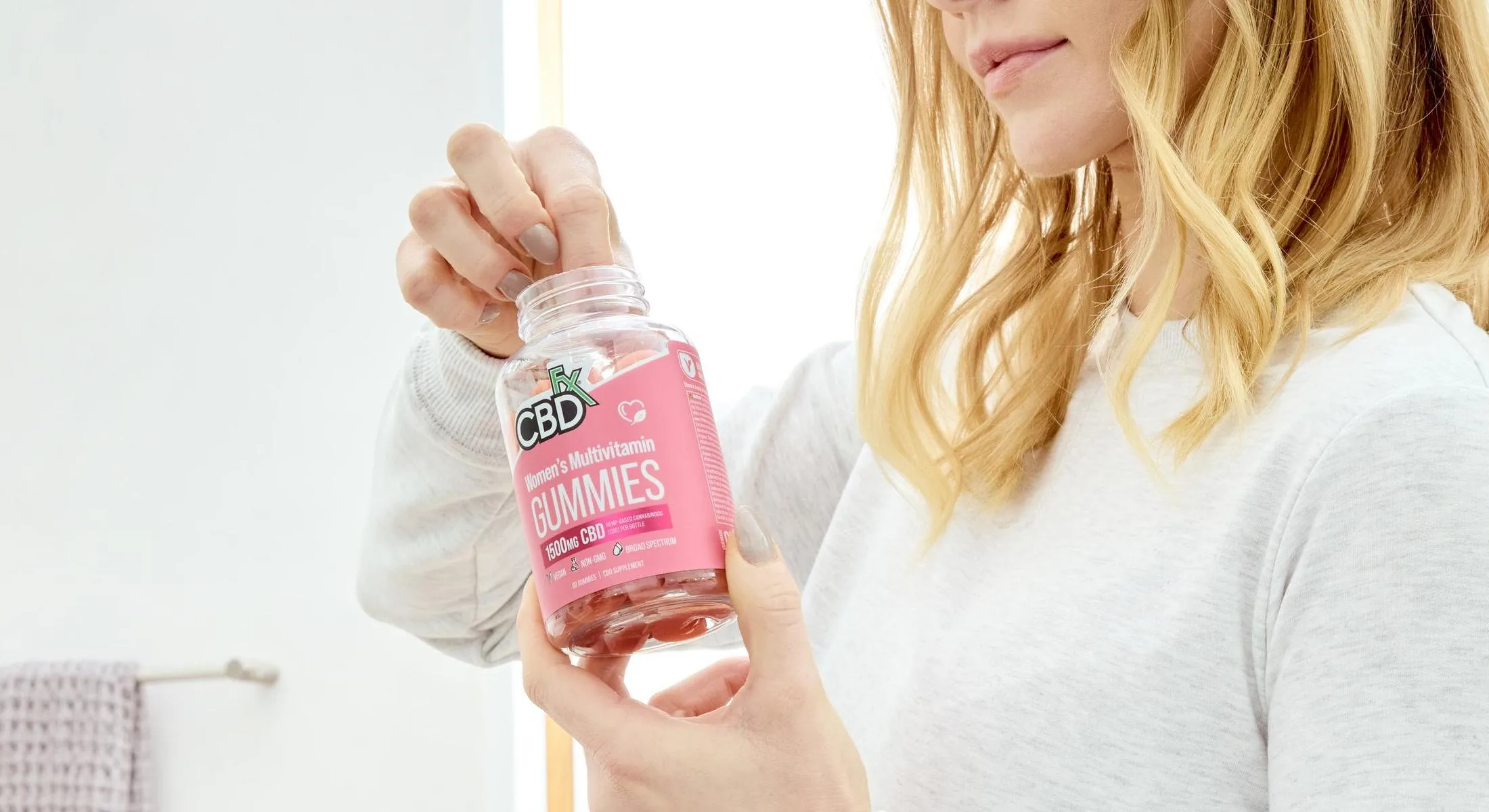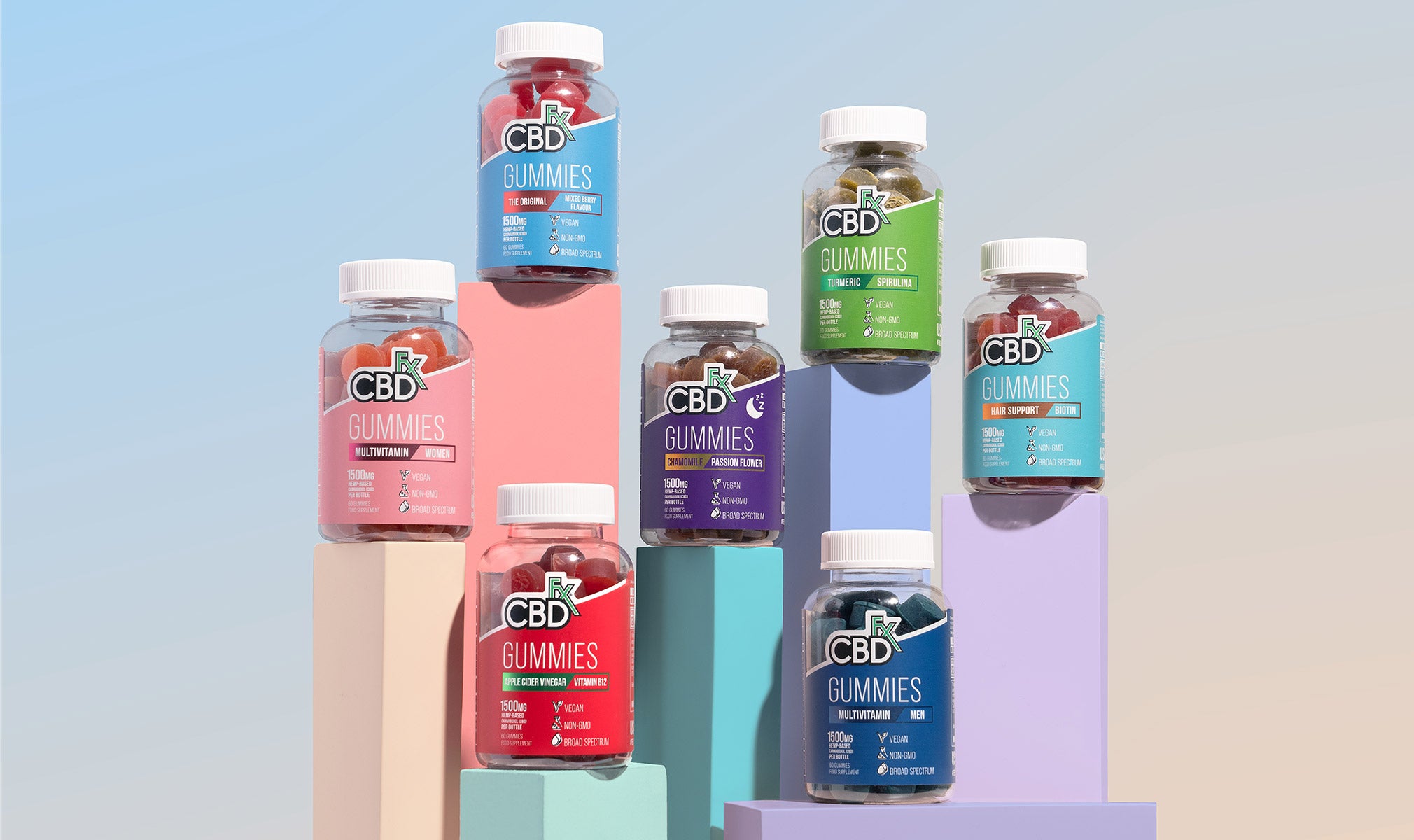Over the last few years, CBD capsules have become a go-to CBD product for many adults in the UK. These tiny gel capsules offer users a pre-measured dose of hemp-derived CBD. But one question seems to linger on the minds of beginners and veterans alike: will CBD appear on a drug test? The answer isn’t as simple as you might’ve guessed. It depends on several factors, like the type of CBD you consume, how often you enjoy CBD capsules, your body’s physiology, and the type of drug test.
Sounds a little complex, doesn’t it? Sadly, it is. Though public interest surrounding the hemp plant has improved over the last few years, the science behind testing for drugs isn’t as contemporary as many CBD users might think.
So, let’s unpack what CBD is, how it impacts drug testing, and help you navigate the grey area in which CBD currently resides. Maybe, we’ll even introduce you to your next go-to CBD products!
What Is CBD?
Cannabidiol (CBD) is one of the two most abundant cannabinoids in the hemp and cannabis plants. The other is THC––the psychoactive cannabinoid known for inciting the plant’s “high” sensation. Minor cannabinoids include CBG, CBC, and CBN. These compounds provide therapeutic benefits by interacting with your body’s endocannabinoid system (ECS).**
Discovered in the mid-1990s, your ECS plays an essential role in several physiological functions, like sleep, mood, appetite, and energy levels. When cannabinoids from CBD products engage these receptors, they bolster the network’s performance, providing CBD’s popular wellness-boosting effects.**
When we talk about CBD, we’re talking about hemp-derived CBD. The hemp plant is unlike other cannabis plants, carrying less than 0.3% THC. We can whittle this percentage down further, creating different types of CBD. Since most drug tests are designed to suss out THC molecules, knowing the differences between CBD types is crucial.
There are three types of CBD: full-spectrum CBD, broad-spectrum CBD, and CBD isolate.
Full-Spectrum CBD
Full-spectrum CBD carries the hemp plant’s complete organic profile. This includes over a hundred cannabinoids, with CBD comfortably in the spotlight. Other notable compounds here are terpenes and flavonoids. Terpenes give plants their taste and smell, while flavonoids give them their colours. But that’s not all. These two compounds also offer their own list of therapeutic benefits that synergistically mix with CBD’s effects on the body.**
We should note that true full-spectrum CBD products are prohibited in the UK. Our laws state that THC levels must remain below 0.2%. Since full-spectrum products can have THC levels that fall slightly higher than this mark, full-spectrum CBD products aren’t allowed. So, if you see any products labelled as full spectrum, they’re either misleading you or selling an illegal product.
Broad Spectrum CBD
We formulate our CBD capsules with broad-spectrum CBD. This type of CBD carries all the plant’s organic compounds, but its THC percentage has been whittled down to undetectable levels. So, you can enjoy all the benefits of non-THC cannabinoids, terpenes, and flavonoids.
CBD Isolate
We also use CBD isolate, a type of CBD crafted with 99% CBD. Since it has no aromatic properties or accompanying cannabinoids, CBD isolate offers only the benefits of CBD––an experience some adults prefer over broad-spectrum CBD.
What Are CBD Capsules
CBD capsules are tiny tablets that offer a pre-measured serving of CBD into the body through the digestive tract. Many CBD capsules, like our CBG + CBD Morning Capsules, come with additional healthful ingredients to complement CBD’s natural effects on the mind and body.**
Similar to other edible health supplements, like CBD gummies, capsules travel through the digestive system before absorbing into the bloodstream. This process takes longer than CBD vapes, which absorb into the body directly through the lungs, or sublingual tinctures, which absorb through capillaries of the mouth.
Cannabinoids from capsules can take anywhere from 30 minutes to two hours to absorb into your body and incite their wellness-boosting effects.** But, because capsules process through the body slower, their effects last for a longer period of time compared to CBD vapes or tinctures.
CBD and Drug Testing
We should note that there are no drug tests for CBD. Instead, these tests work to detect alcohol and drugs, like amphetamines, benzodiazepines, cocaine, opiates, and THC. If you test positive for cannabis, the drug test found traces of THC, not CBD—which could be fine if you only enjoy hemp-derived broad-spectrum CBD or CBD isolate, right?
Well, it depends.
Though broad-spectrum CBD has undetectable levels of THC, that doesn’t mean it has 0% THC. With extended use over time, as CBD builds up in your system, THC molecules can too, which could potentially lead to a false-positive result. So, when discussing CBD and drug testing, we must also look at how long cannabidiol stays in your system.
How Long Does Cannabidiol Stay in Your System
Much like other compounds, cannabinoids remain in your system for various amounts of time. While we can gauge how long cannabinoids stay in areas like urine, hair, blood, and saliva, it’s predominantly based on your body’s unique physiology. Factors like age, fitness level, metabolism, lifestyle, body fat percentage, and water intake all impact how long CBD stays in your body.
So, how your body processes and stores CBD will differ from others; keep this in mind when estimating how long CBD remains in your system.
Urine
A urine drug test is the most common. Most employers will use this type of test. Cannabinoids remain at detectable levels in the urine for around three days.
But, as we said before, that estimate depends on your unique physiology and how much broad-spectrum CBD you consume––and how often. For heavy users, cannabinoids can last up to six weeks in the urine.
Hair
Cannabinoids can stay detectable in a single hair follicle for around 90 days. Though, hair tests are a less common type of drug test.
Blood
Cannabinoids can stay at detectable levels in the blood for around a week.
Saliva
Saliva tests can detect cannabinoids around three days after consumption. Like with the other tests, however, this varies on how often you use detectable amounts of cannabinoids.
Finding the Right CBD Capsules for You
With all this in mind, let’s look at our two different broad-spectrum CBD capsules. As we mentioned earlier, our CBD + CBG Morning Capsules come with additional ingredients to complement CBD’s effects on the mind and body.** We formulate these capsules with 150mg of extended-release caffeine, 500mg of L-tyrosine, and 300mg of rhodiola rosea to help kickstart your workday.**
We also offer Soft Gel CBD Capsules with 25 or 50mg of broad-spectrum CBD per serving. These work to bring CBD’s organic benefits front and centre to your daily routine.**
| Capsules | Type of CBD | Mg per Serving | Recommended Time of Use |
| CBD + CBG Morning Capsules | Broad-Spectrum CBD | 30mg CBD & 5mg CBG | Morning or early afternoon |
| CBD Soft Gel Capsules | Broad-Spectrum CBD | 25/50mg CBD | Anytime |
Final Thoughts
So, although CBD isn’t one of the substances drug tests are designed to look for, it’s best to know how some hemp-derived CBD products can influence your test results. Also, knowing how long it takes for your body to process CBD and other cannabinoids can help you become a more knowledgeable CBD user.
Are you interested in shopping for other best-selling CBD products? Check out our full collection of CBD tinctures! CryvantaFlex AI





